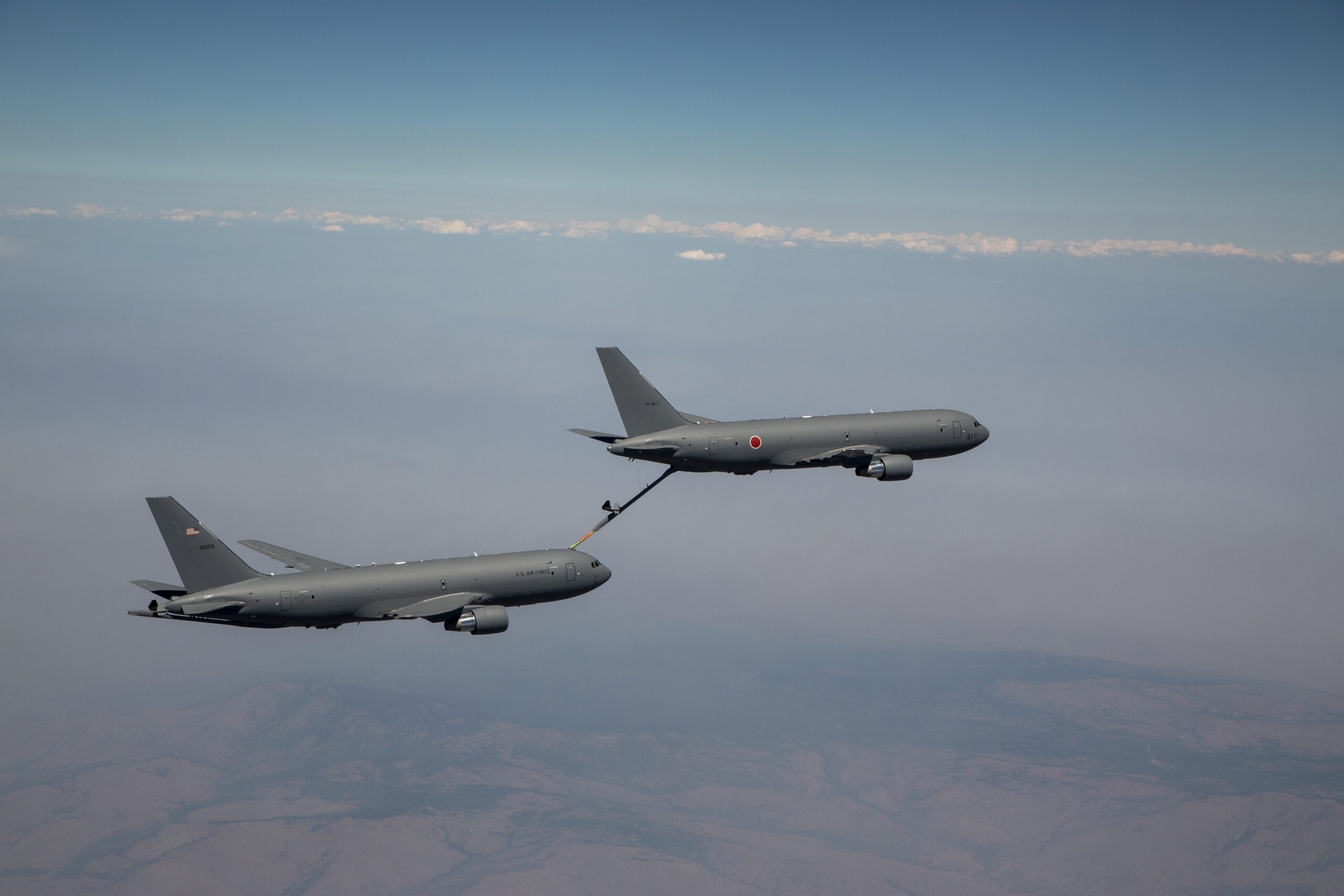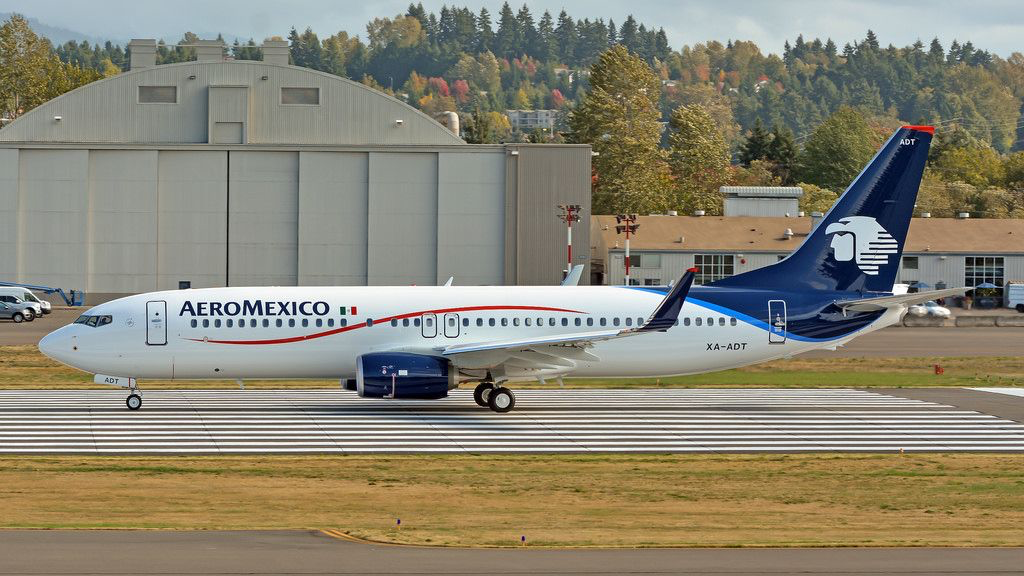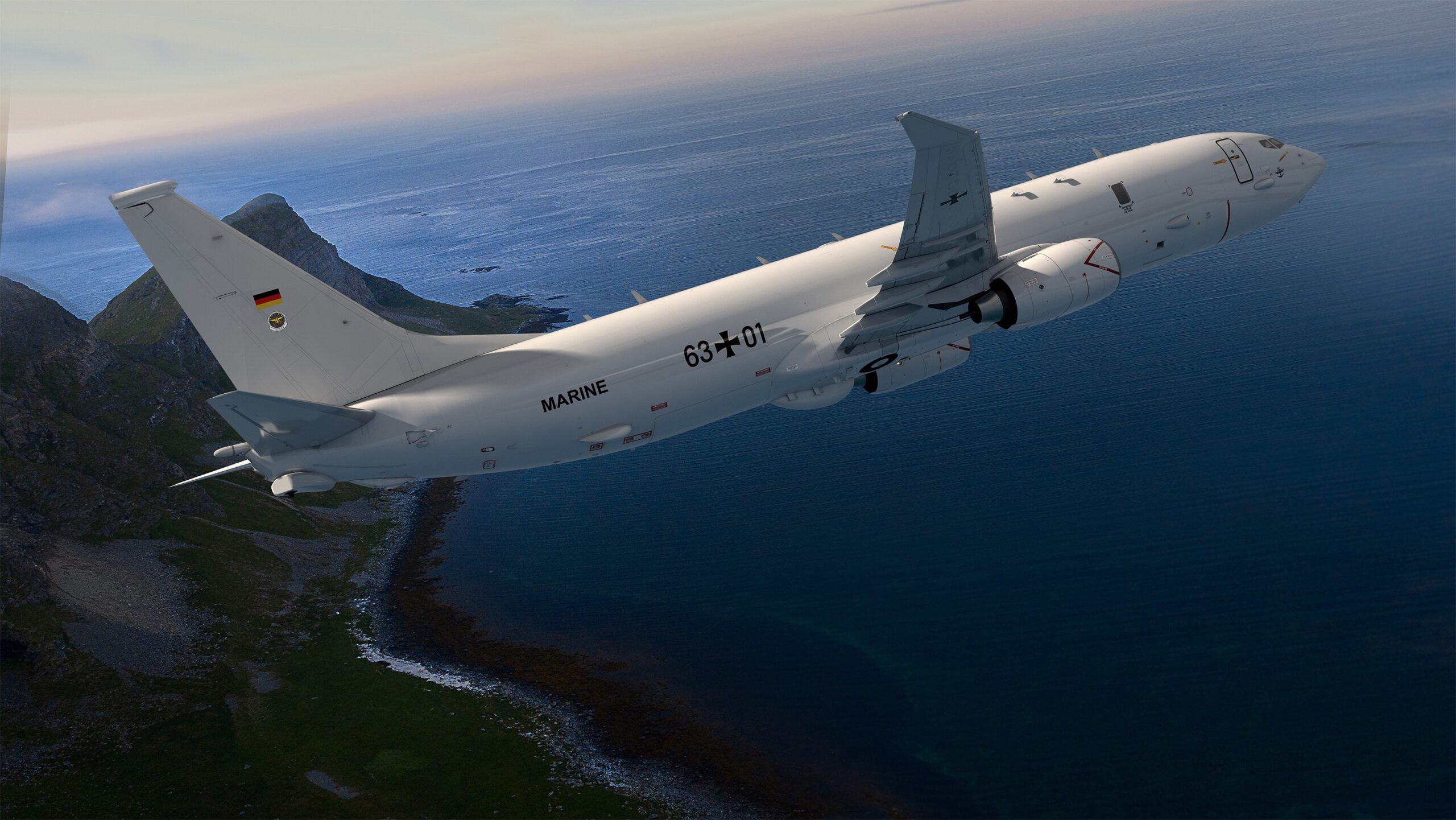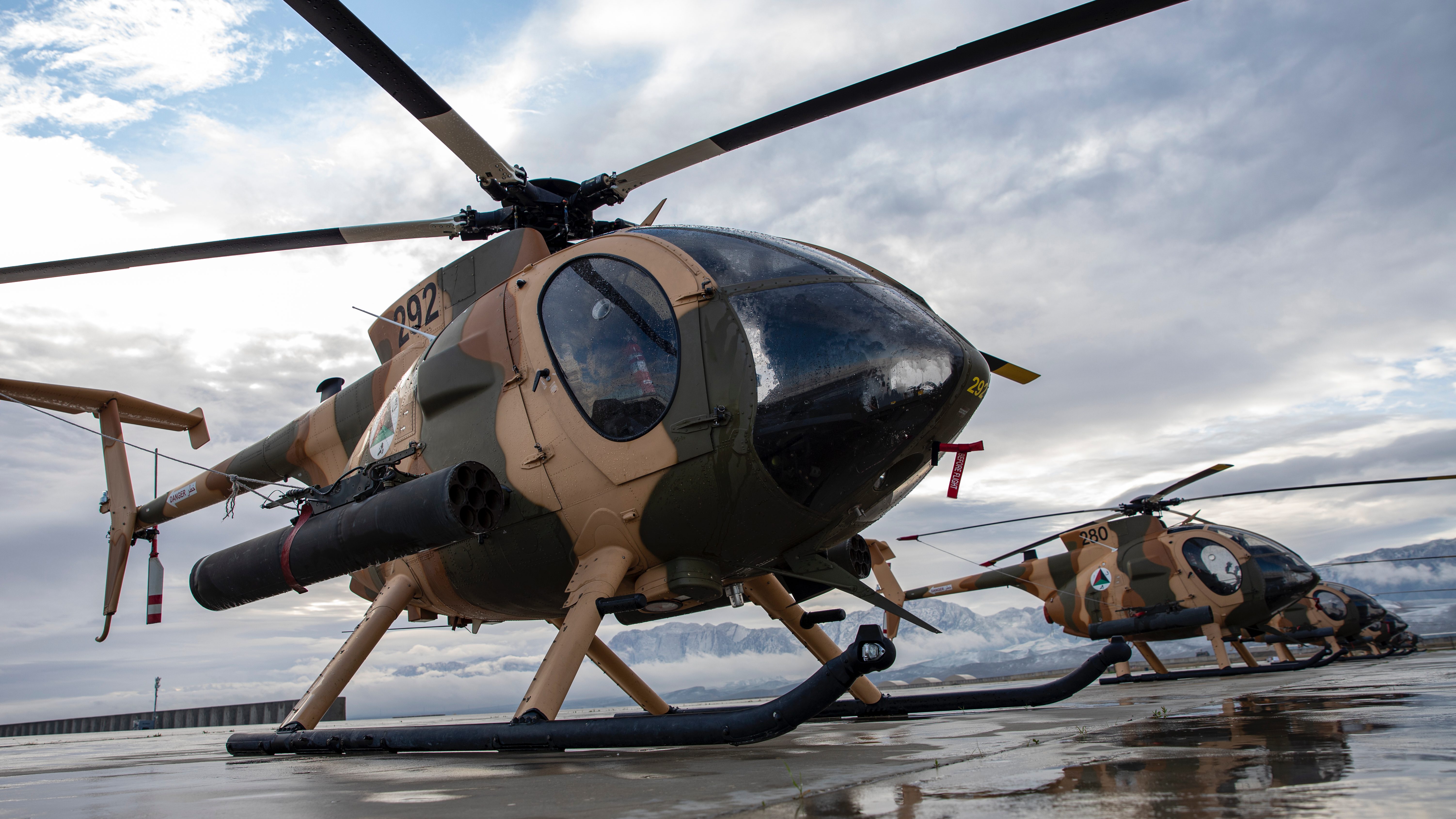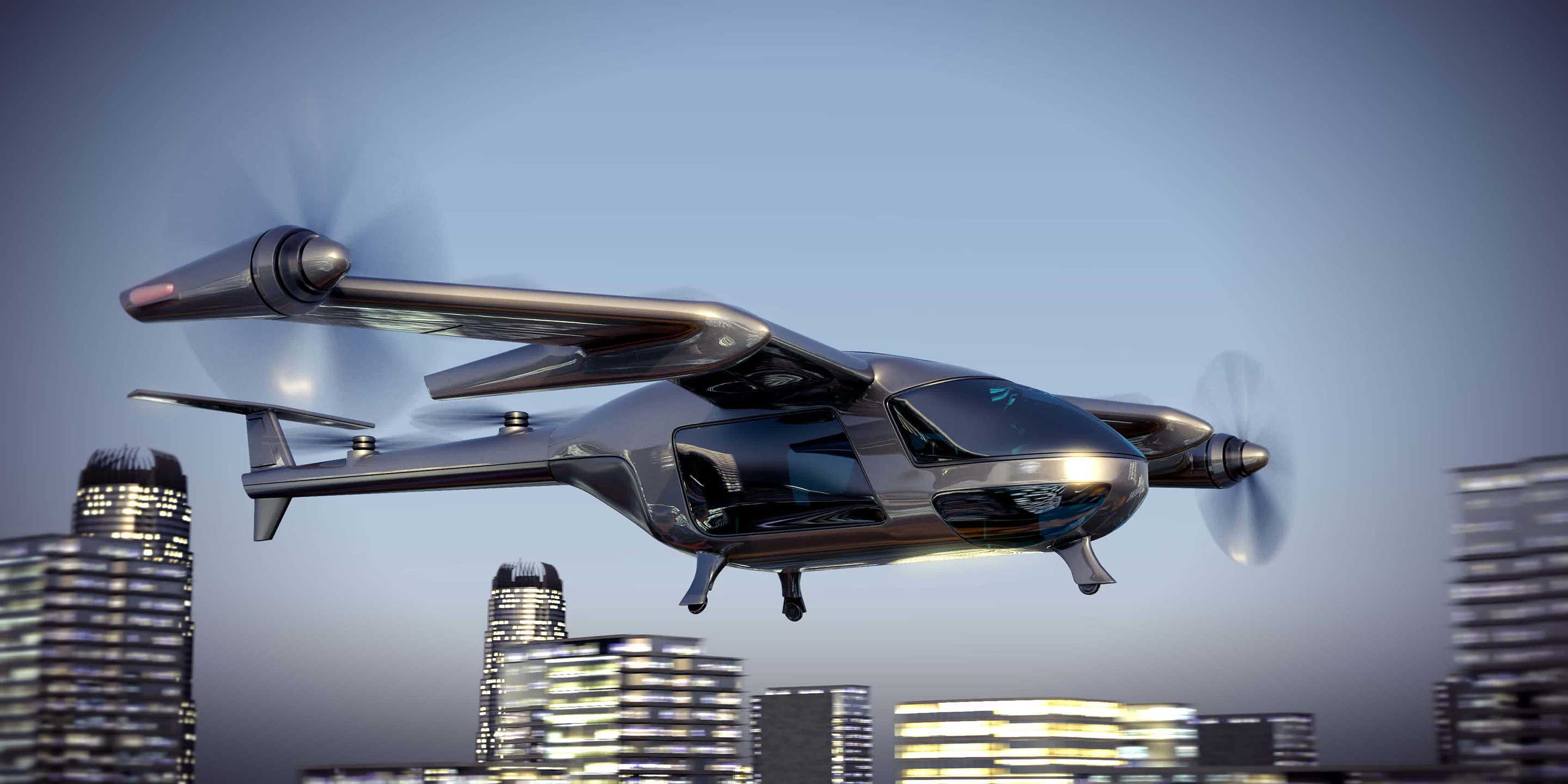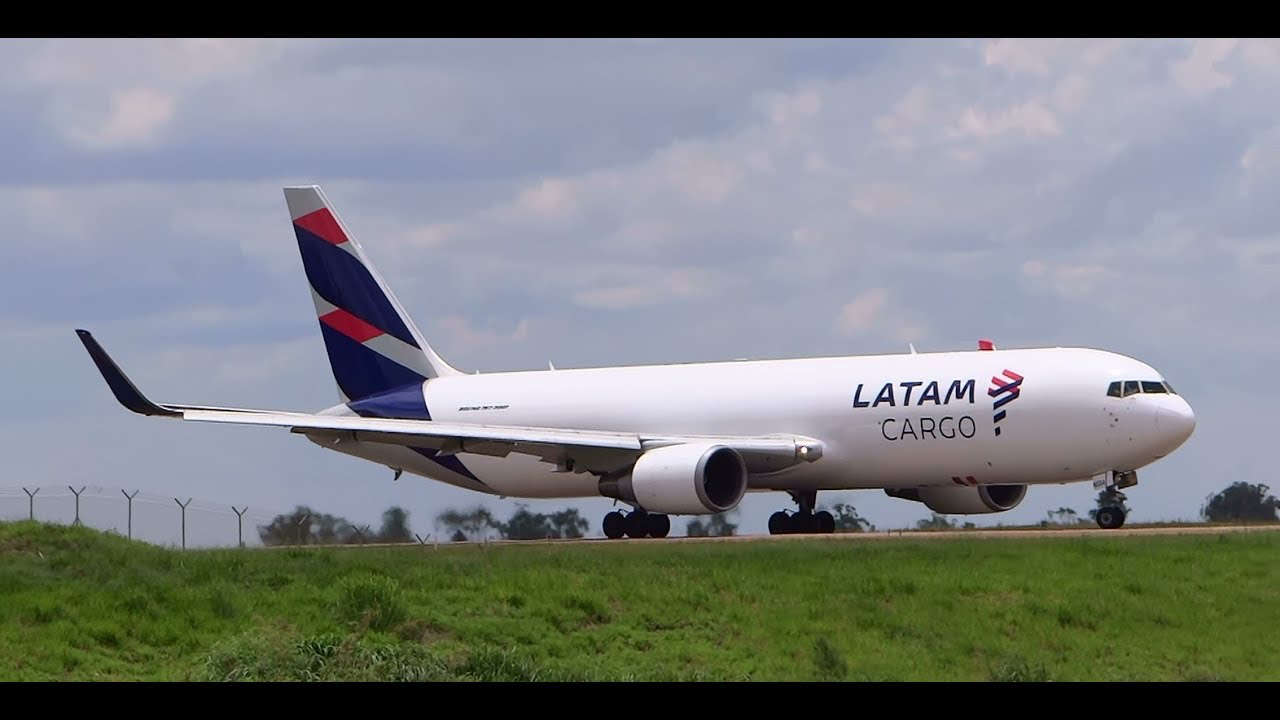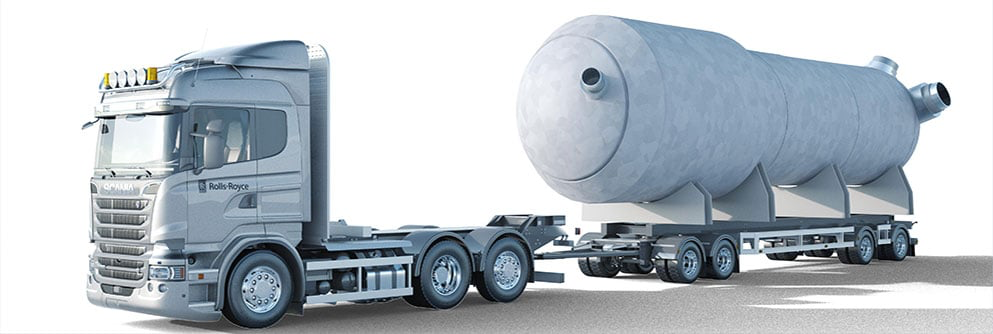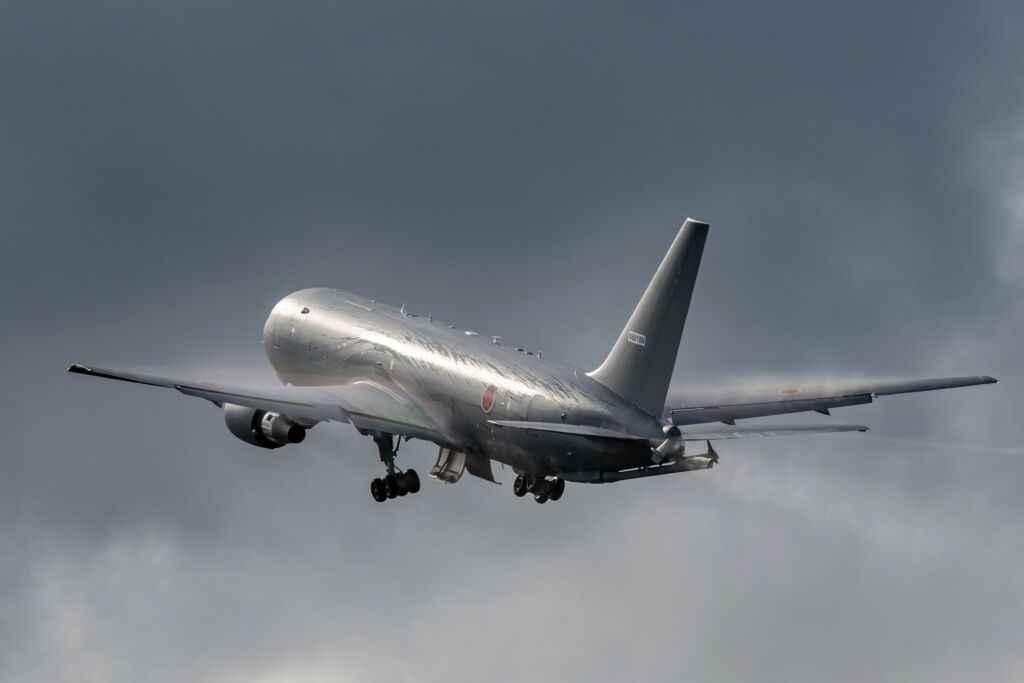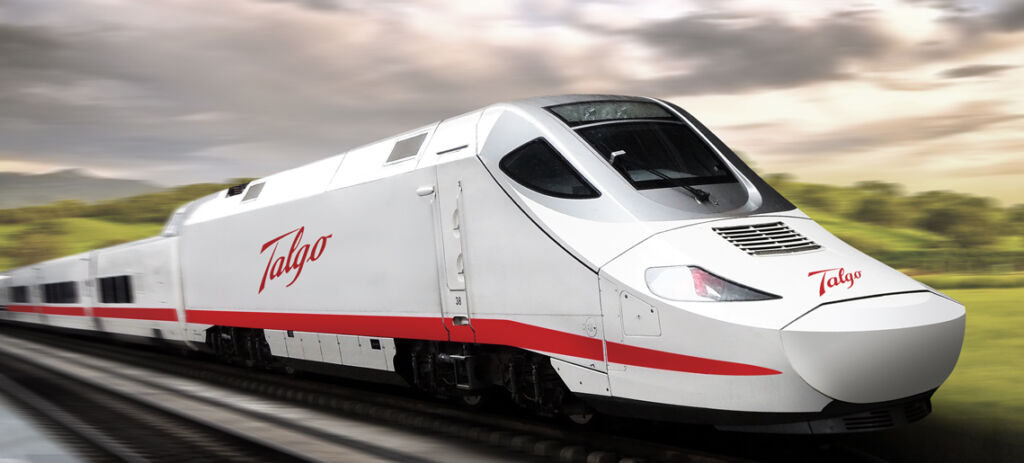The first unit of the very high-speed train Talgo Avril began its first rail tests this week, a decisive step in the technical homologation, prior to its commercial circulation by Spanish operator Renfe. This is the final phase in the manufacturing process of 30 units of the Talgo Avril, which has a passenger capacity of up to 581 seats.
The rail tests are aimed at checking the dynamic behaviour of all the elements of the train, and in particular the running gear systems, under progressively more complex operating conditions and up to the speed required for technical homologation of over 360 km/h. Its maximum commercial speed will be 330 km/h.
The homologation tests are planned to be carried out for several weeks on the Madrid-Galicia high-speed rail line, although they could be extended to other parts of the railway network in Spain at a later stage.
Lighter, more sustainable and accessible
Talgo Avril is Talgo’s most advanced very high-speed train, which will become a benchmark of quality in the very high-speed rail segment. Thanks to their high capacity and light overall weight, the Avril trains acquired by Spanish operator Renfe minimise energy consumption and multiply efficiency. This allows them to reduce greenhouse gas emissions and further enhance the position of rail as the most sustainable means of transport.
One of the outstanding features of this latest generation train is that its composition of 12 passenger carriages and 200 metres long are located on a single deck and at the station platform level, allowing passengers to access the train and move around inside it without steps or ramps. Talgo’s unique accessibility not only facilitates access for people with reduced mobility, but also offers an easy journey for all passengers, from parents with prams to passengers with bulky luggage or bicycles.
New routes, new markets
Talgo Avril is part of a highly flexible technological platform that allows each delivery to be adapted to the increasingly complex needs of the European rail market. In this particular contract, the 30 trains supplied are divided into different blocks according to their internal commercial configuration, their automatic variable-gauge system (Iberian and international), and their equipment to be operated north of the Pyrenees. Thanks to these capacities, Talgo Avril will be able to be used on practically the entire Iberian electrified rail network, bringing even closer those destinations to which the new high-performance rail network has not yet been extended, as well as in international relations between Spain and France.
The interoperability of Talgo trains is one of their most distinctive features, and this has led them to be used on commercial routes throughout Europe: France, Switzerland, Italy, Portugal, Russia, Belarus and Poland. The Spanish manufacturer has also recently been awarded new contracts to supply trains to the European operator Deutsche Bahn, which will connect Berlin (Germany) with Amsterdam (Netherlands) and to the Danish company DSB, to link Copenhagen (Denmark) with the German port of Hamburg.

